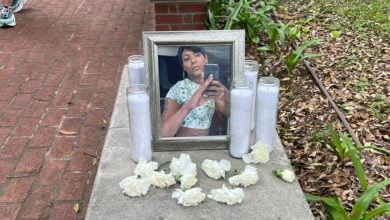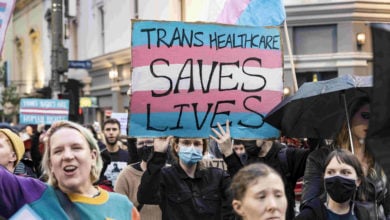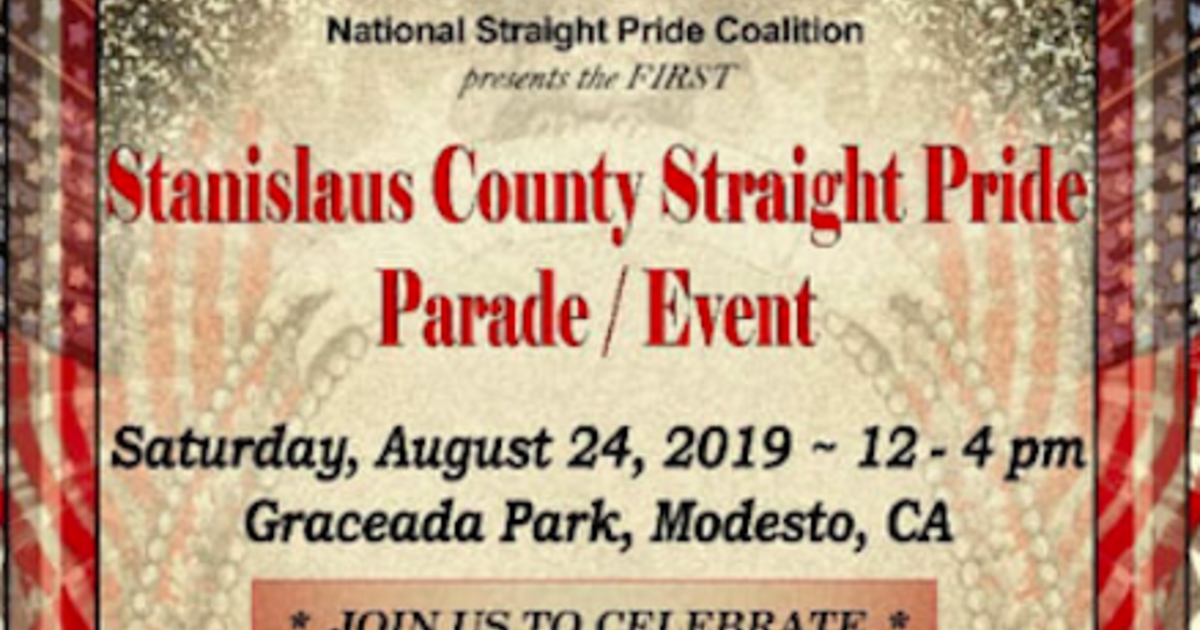In March 2011, Kyle Peterson of Georgia was 20 years old and returning home from a convenience store with his two younger brothers. This walk home became the most devastating turn of events in his life. Verbally harassed by a stranger on the street, Ky brushed him off and was then brutally assaulted by the stranger.
The man hit Ky in the head until he blacked out and proceeded to drag him to a trailer and violently rape him, calling him degrading homophobic slurs. Ky regained consciousness in the middle of the assault and cried for help. His brothers, who had walked on ahead, came back to look for him, and pulled Ky’s assailant off him. The assailant then charged at the trio, and finally, fearing for his life and his brothers’ safety, Ky fired the gun he carried for protection, killing his assailant.
The police came to his home the next morning and instead of helping Ky and seeing to the treatment of his horrific injuries, arrested and charged him with murder. Not wanting to get his brothers in trouble, Ky made up a story about three strangers coming to his rescue.
This was not the first time Ky had been raped. After surviving a previous attempt, “I tried to explain my story to them [the police] and they didn’t listen,” Ky says, “and that was the main reason I attempted to cover up what had happened. It was because I knew they wouldn’t listen—that’s just the way the system is.”
Peterson was held in jail for over a year before being allowed to see a public defender—against Georgia laws, which mandate that a person be released on bond after 72 hours without a lawyer. He and his brothers were initially indicted for armed robbery, aggravated assault and malice murder, which can result in the death sentence. Ky’s lawyer urged him to plead guilty to involuntary manslaughter, a plea deal. Ky is now serving 20 years, 15 of them in prison. However, the charge he pleaded to carries a maximum sentence of 10 years.
Rape culture, racism and transphobia in the ‘justice’ system
Far too often, rape culture is discussed as a “women’s” issue. Masculinity and manhood are presented as the antithesis of victimhood in the context of rape—and therefore assaults against cis and trans men and nonbinary people are often ignored or not taken seriously. The thing that most sexual assault victims have in common is the fact that they are blamed for their assaults.
In Ky Peterson’s case, being a victim, being a Black man and being trans converged on him in the form of the state not only calling him a liar but charging him with additional violent crimes. In fact, his own public defender was transphobic, misgendering Ky and openly admitting that he would not allow a trans woman witness to wear a dress on the stand.
Since Ky entered the Pulaski women’s prison in 2012, he has been prescribed antidepressants but has not been given any additional therapy specific to helping him heal from his rape. He was also denied treatment for asthma, which makes him afraid to demand his medically necessary testosterone treatment. Ky is misgendered regularly by guards, referred to as “ma’am” and told that he is not a man. Invalidation and denial of necessary treatment is also a regular state of affairs for trans inmates and incarcerated people of color.
Studies show that at least 50 percent of transgender people experience sexual violence at some point in their lives; 47 percent of Black trans people experience incarceration. The stakes are higher for poor youth, many of whom do not have the support of their families and have to fend for themselves. Many trans youth are forced to turn to alternate means of survival, like sex work and drug dealing, because they are offered no safety network to fall back on.
Ky’s terrible story of injustice is one of many—as Ky says, “that’s just the way the system is.” Justice for trans people, people of color, assault survivors and other people targeted by the prison-industrial complex can only come from a complete dismantlement of the system that profits off of victim-blaming and mass incarceration. Instead of becoming another statistic, when communities join together, we can fight and win. We have to fight tirelessly for Ky and others whose abuse the state so desperately tries to conceal and justify.
We demand: Free Ky Peterson now! End victim-blaming! End the criminalization of people of color and LGBTQ people!
Visit Ky Peterson’s fundraiser here to help him pay his legal fees and fight for adequate treatment and freedom.






